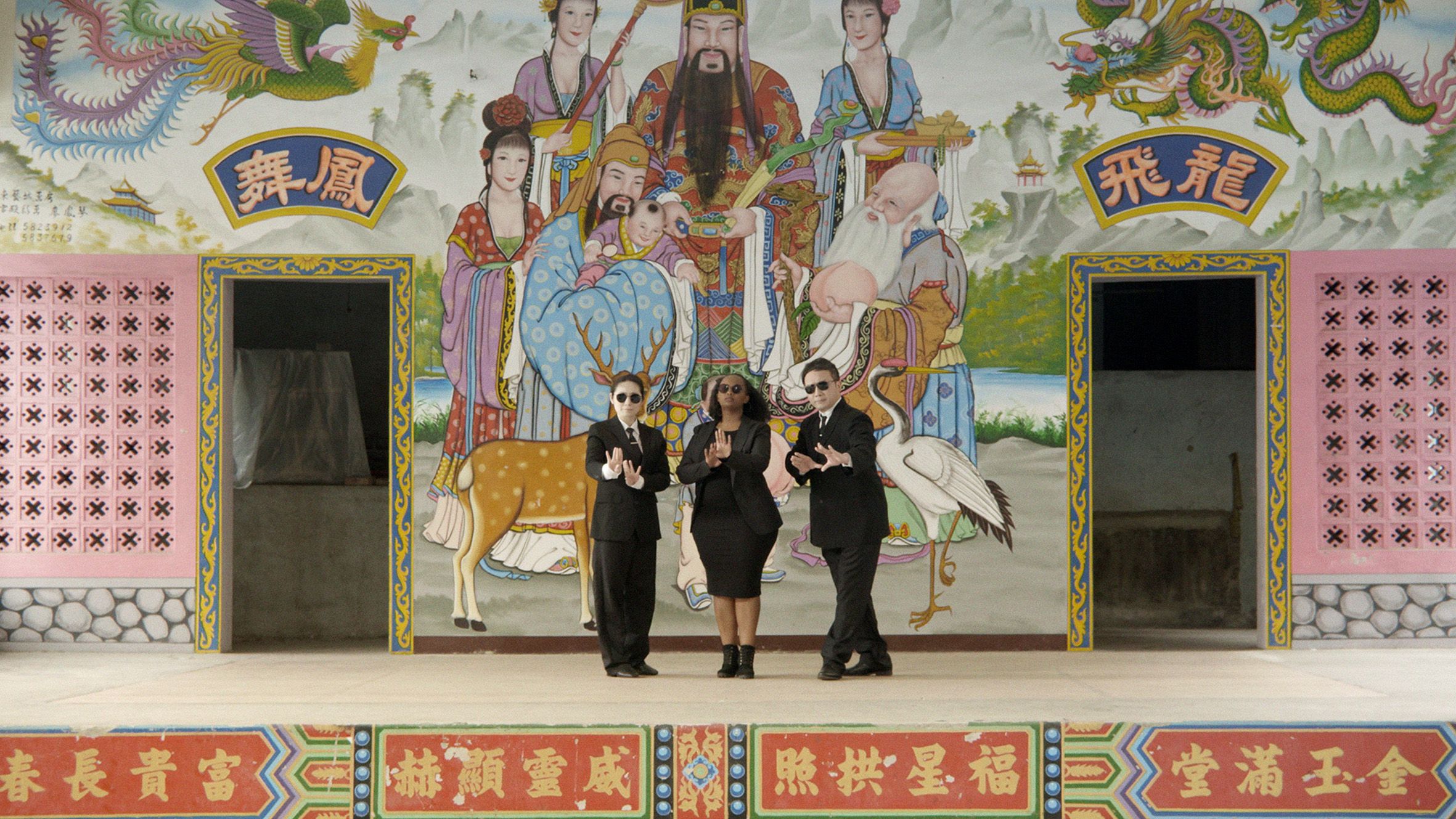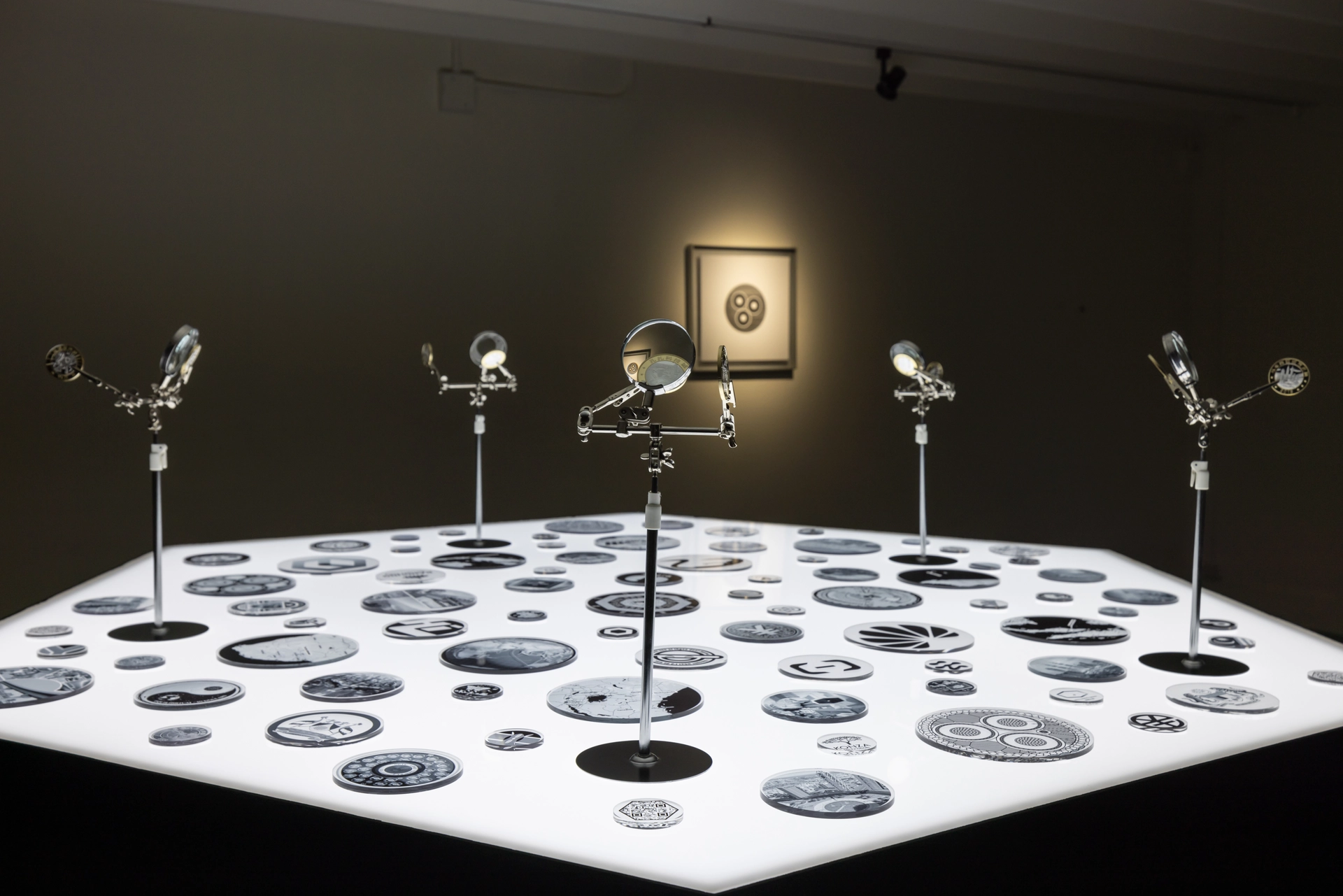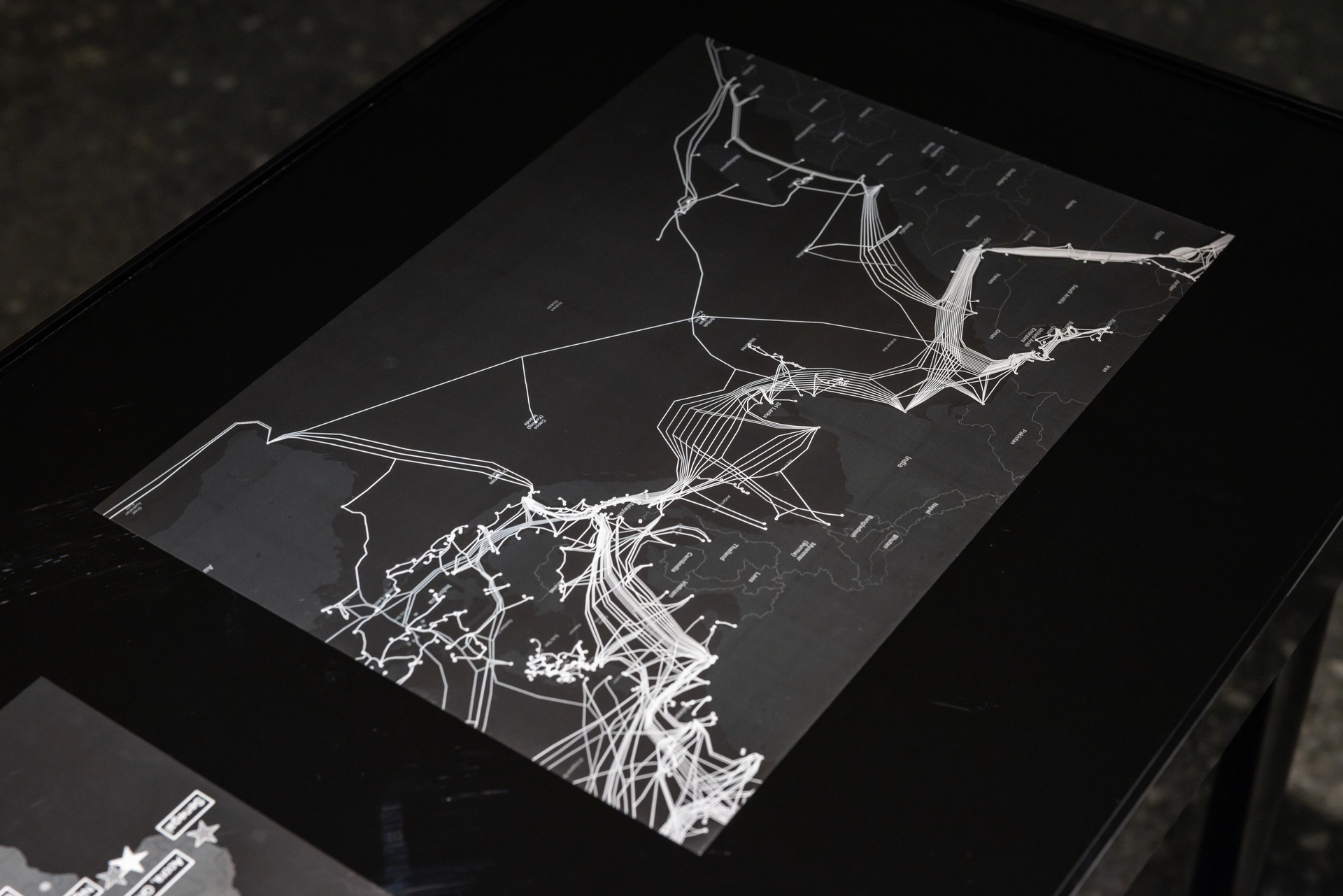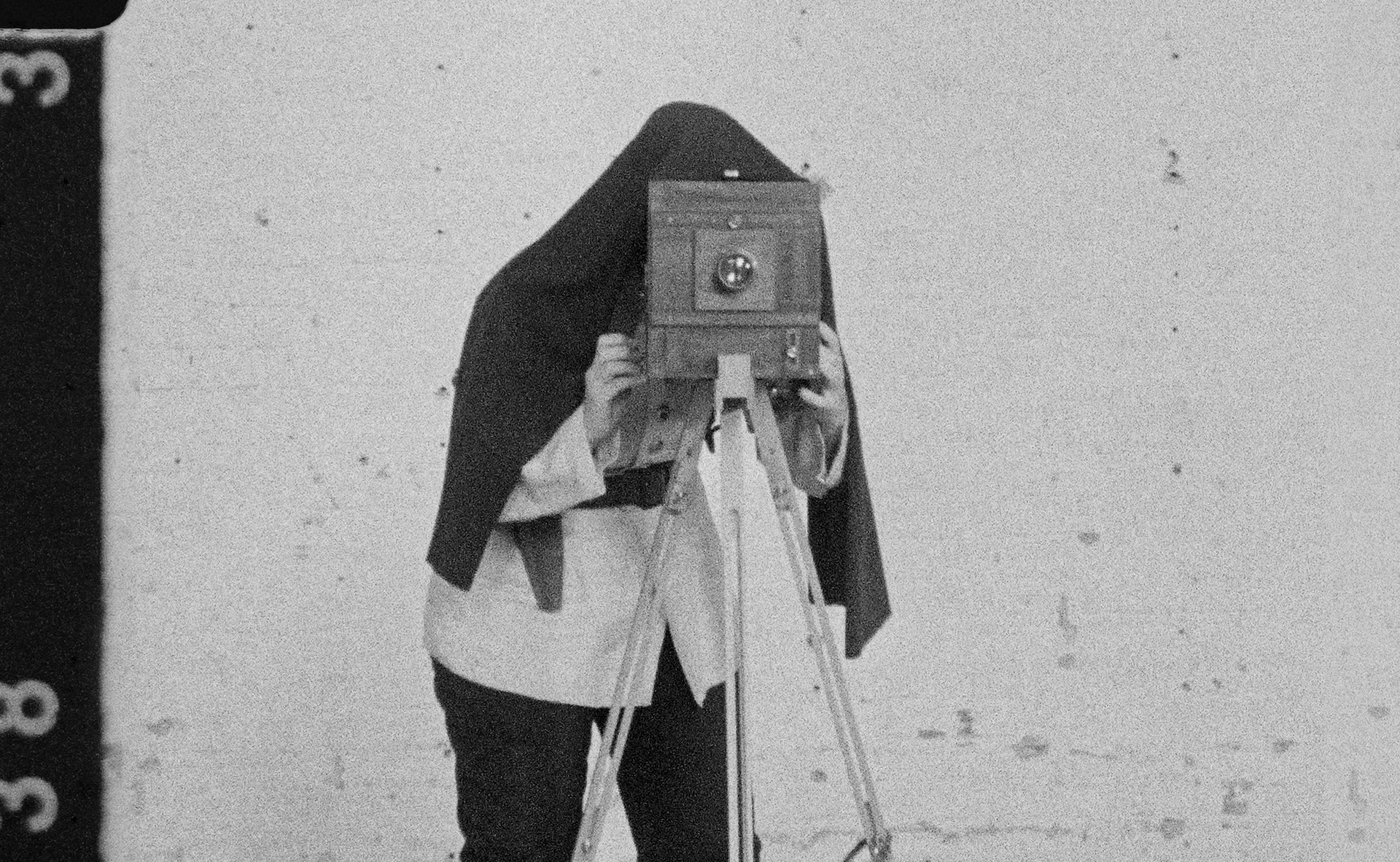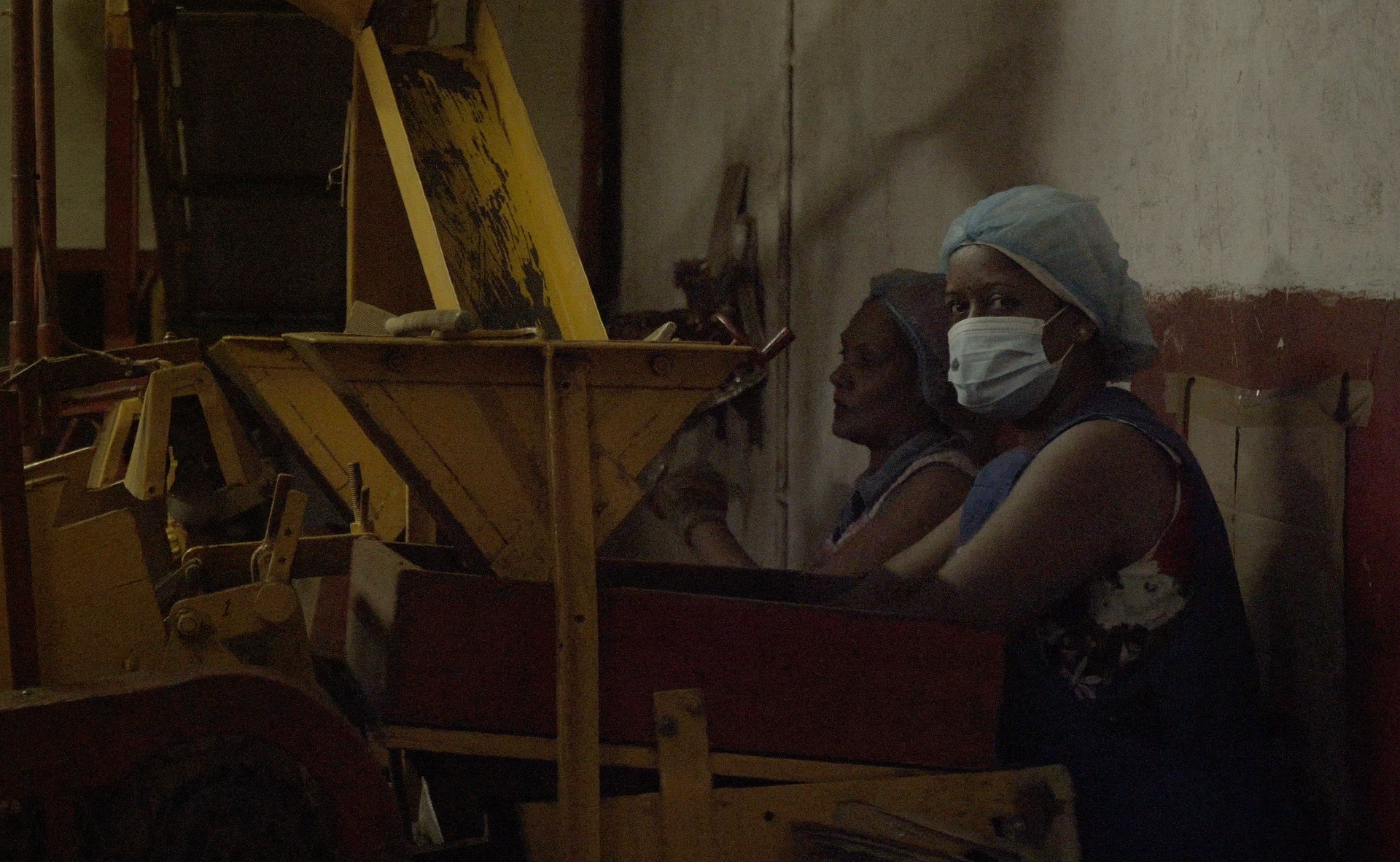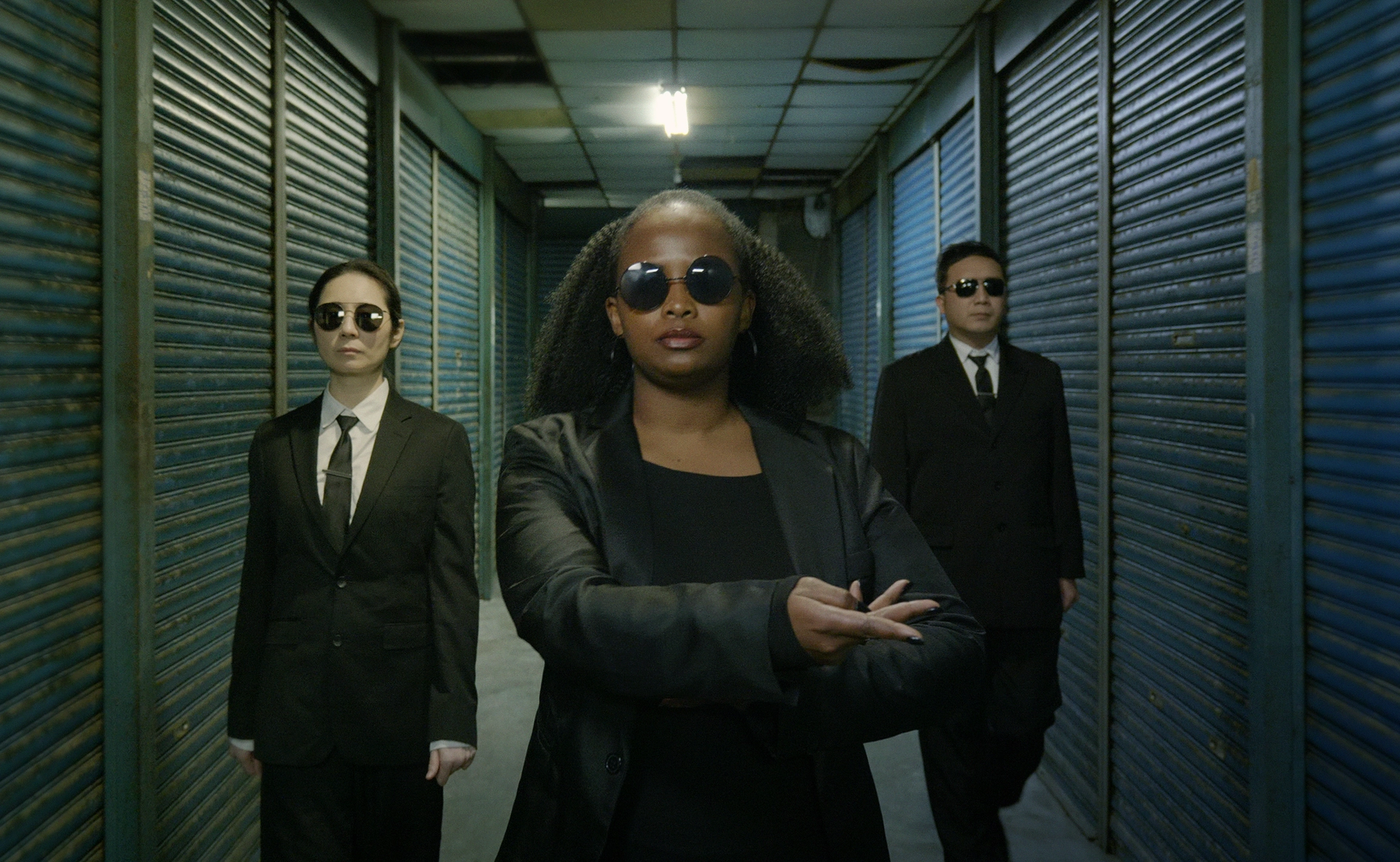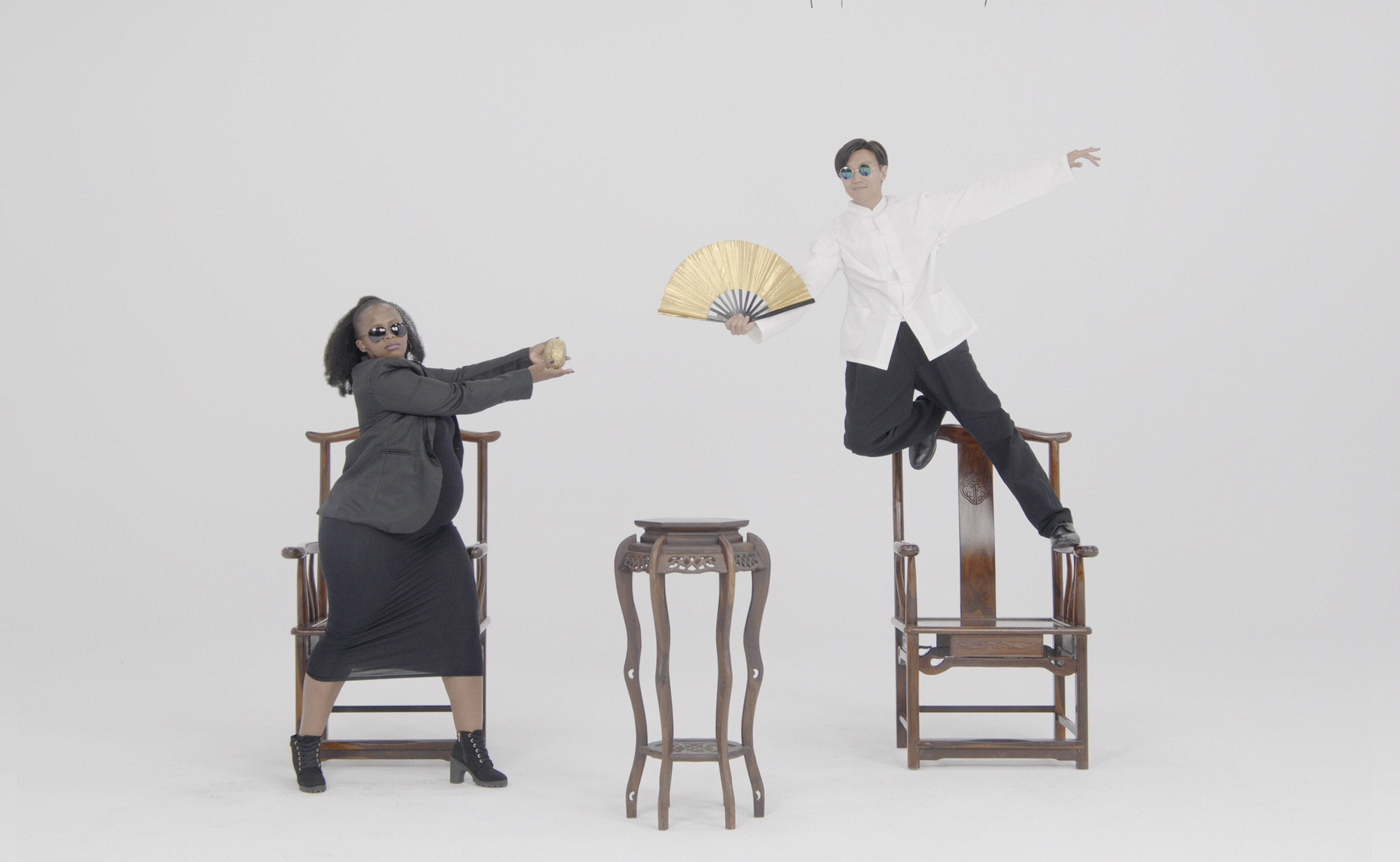top of page
2023
TUNG CHUNG PRIZE
GHOST IN THE SEA
MUSQUIQUI CHIHYING
2024/03/30 - 05/12
Throughout history, labor resources have manifested through various forms such as slavery, coolie, and migrant work. These labor forms not only shouldered the burden of advancing human civilization but also reflected underlying systems of power and control. In the wake of globalization, trade expansions have coincided with the flow of human beings and cultures across borders. This operational matrix simultaneously accumulates capital as it perpetuates class and power struggles. Diverging from prevailing land-centric conditions of political and economic exchange, artist Musquiqui Chihying redirects focus toward the ocean as he attempts to uncover truths and potential conflicts overshadowed by dominant discourses.
To this end, Chihying invites the audience to make a metaphoric landfall in Mauritius, an island in East Africa. Historically, Mauritius served as a hub and experimental site for the distribution of labor and resources for 19th century European maritime empires. As mechanisms of the slave trade fell into decline, Asian “coolies” supplanted labor shortages, and sustained the vast chains of empire that spanned seas and oceans. The oceanic routes, carved by colossal ships, exemplified the might of emerging technologies, while submarine cables, which currently carry ninety percent of global data traffic, are landing in coastal cities along the Afrasian Sea to provide faster and more stable messaging solutions. Spearheaded by major tech corporations, these networks integrate disparate landmasses into a cohesive global network for the distribution of resources under the guises of “smart technology” and “safe” urban design.
Implied in the exhibition title, “Ghost in the Sea,” is the artist’s allusion to a dual interpretation of “ghost” that haunt the seas of Asia and Africa: firstly, the overlooked role of ethnic Chinese in the mechanisms of globalization; and secondly, the intangible data transmitted through the ersatz neural network of submarine cables. From labor exportation to technological dissemination, the ancient Maritime Silk Road, Asian coolies, modern submarine cables, and the concept of smart cities combine to construct the world in this narrative. However, grey areas are pervasive in this world: the ideological entanglements of free trade, the insidious narratives of fear grounded in racism, and unresolved security concerns inherent in comprehensive surveillance technologies.
The artist’s explorations of the role of the ethnic Chinese in global trade are visually manifested in several images within the exhibition. For instance, in the portraits of coolies displayed in museums, the depiction on low-denomination bank notes and on commemorative coins celebrating smart cities, etc. In the video installation, “The Link,” Chihying employs a distinct absurdist linguistic style to portray two Matrix-style programs: Seraph, who operates in a Hakka dialect; and Oracle, speaking in Zulu – as they engage in a profound dialogue:
Seraph: " What is intelligence, you ask? The analyzer of data. The inspector of patterns.”
Oracle: " The avatar of digital twins. The oracle of the future flow. The ghost in the sea."
Delving into the resonant depths of this exhibition, we find ourselves adrift in the deep seas of temporality, navigating the intricate interplay between technological progression and labor control mechanisms.
Major Sponsor|Hong Chien, Ching-Hui
Organizer / Commissioned by|Hong Foundation
Co-organizer|Taiwan Contemporary Culture Lab (C-Lab)
Supporting Partner|Panasonic Taiwan
Sponsor|Berlin Senate Department for Culture and Social Cohesion
ARTIST
MUSQUIQUI CHIHYING
Musquiqui Chihying resides and works in Taipei and Berlin. His artistic endeavors focus on issues of post- and trans-modernity in the Global South, postcolonial identity, and contemporary technology. He often employs media such as sound, music, and moving images to construct a narrative vocabulary, offering alternative perspectives on the interconnectedness of human condition and ecological environments. Many of his works have explored the special historical circumstances of ethnic and technological exchange between the African, Asian, and Afrasian Sea. Musquiqui Chihying's works have been exhibited in numerous international art institutions, including WIELS in Brussels, Art Sonje Center in Seoul, Centre Pompidou in Paris, Neue Berliner Kunstverein in Berlin, Power Station of Art in Shanghai, UCCA Center for Contemporary Art in Beijing, MoCA Museum of Contemporary Art in Taipei and Taipei Fine Arts Museum, among others. His film works have been screened at various film festivals, including Locarno Film Festival in Switzerland, Berlin International Film Festival in Germany, Rotterdam Film Festival in the Netherlands, and the Taipei Golden Horse Film Festival and Taipei Film Festival. In 2023, he was awarded the Tung Chung Prize by the Hong Foundation in Taiwan. In 2019, he received the LOOP Video Art Award from the Han Nefkens Foundation and the Joan Miró Foundation in Spain. He was also nominated for the Berlin Art Prize in Germany that same year. He is a member of the Taiwanese art group Fuxinghen Studio and leads the Research Lab of Image and Sound (RLIS), focusing on media technology and image politics research.
EVENT

Live Performance Event: “Wind in the Sea: Bitter Sounds”
Organized by the artists and researchers Lou Mo, Feng Chih Ming, and Musquiqui Chihying, “Wind in the Sea: Bitter Sounds” is a live performance event accompanying the solo exhibition "Ghost In The Sea" by Musquiqui Chihying. Continuing the exhibition's focus on issues such as colonial trade and Chinese immigration, “Wind in the Sea: Bitter Sounds” draws inspiration from the music culture developed by diverse coolie communities since the nineteenth century, blending traditional instruments, ethnic music, and electronic sounds. It guides the audience to contemplate the interconnectedness of global southern cultures and sounds in various ways.

Exhibition Talk: "Wind In The Forum: The Technology, The Oceans And The Labours"
This talk features guest speaker Ling-Wei Kung (Research Fellow at the Institute of History and Philology, Academia Sinica) and moderator Lou Mo (curator), along with artist Musquiqui Chihying. They will discuss the intersection of technology and labor history spanning across the Afrasian Sea, centered around the exhibition theme.
bottom of page









